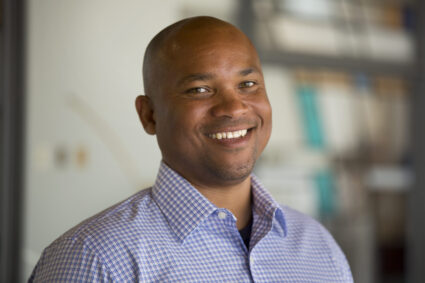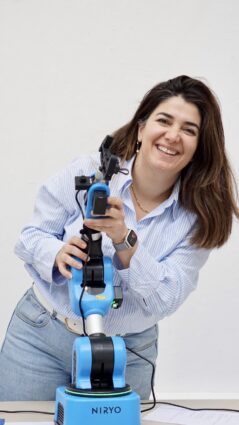
Claire chatted to Elmira Yadollahi from Lancaster University about how children interact with and relate to robots.
Elmira Yadollahi is an Assistant Professor of Computer Science at Lancaster University. She has a joint PhD in robotics and computer science from EPFL in Switzerland and Instituto Superior Técnico in Portugal. Her research tackles explainability in robotics, as well as multimodal perception and explanation methods. Her core expertise is in child–robot interaction, with a focus on expectation management, trust, and AI literacy. She has organised workshops on Explainability in Human-Robot Interaction and the Design and Development of Robots and AI with Children.
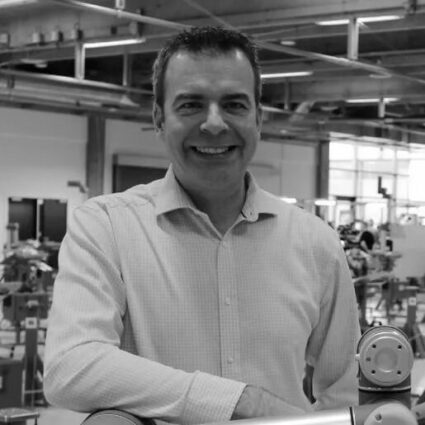
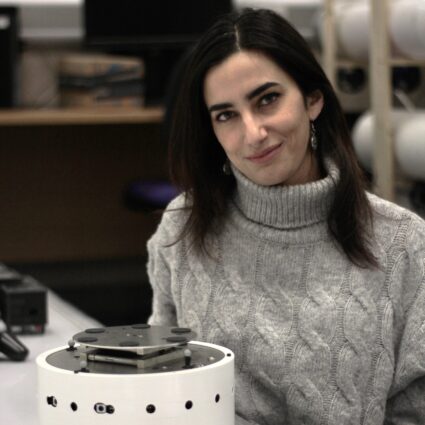
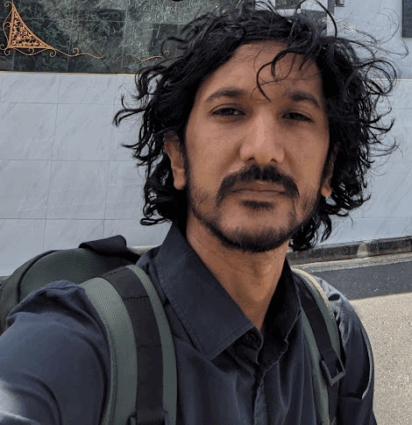
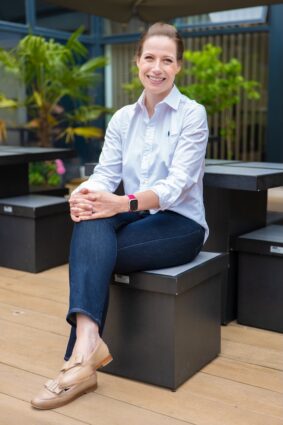

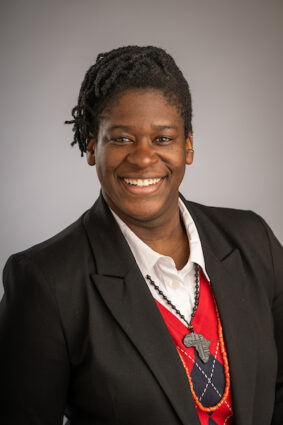

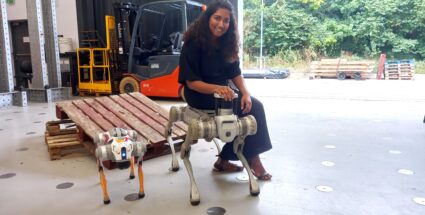
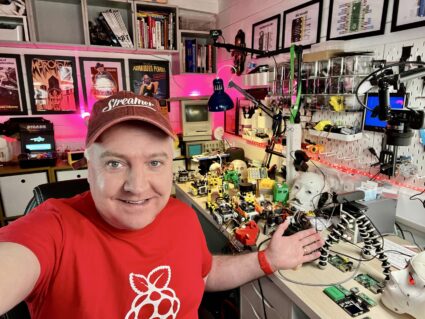


 , is built to work with people in their existing environments, without disrupting their workflows. Anthony has a career spanning over 30 years at the intersection of robotics, AI, and business. An MIT-trained roboticist, he was part of the founding team at Sapient, held leadership roles at Activision, and has built multiple startups, bringing a unique blend of technical depth and operational scale to human-centered automation.
, is built to work with people in their existing environments, without disrupting their workflows. Anthony has a career spanning over 30 years at the intersection of robotics, AI, and business. An MIT-trained roboticist, he was part of the founding team at Sapient, held leadership roles at Activision, and has built multiple startups, bringing a unique blend of technical depth and operational scale to human-centered automation.
